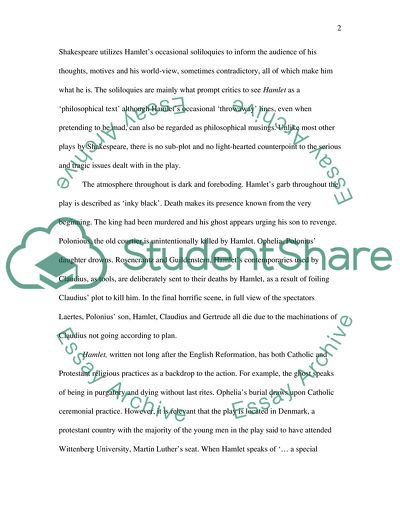Cite this document
(Hamlet as a Philosophical Text Essay Example | Topics and Well Written Essays - 2500 words, n.d.)
Hamlet as a Philosophical Text Essay Example | Topics and Well Written Essays - 2500 words. https://studentshare.org/literature/1711181-philosophy
Hamlet as a Philosophical Text Essay Example | Topics and Well Written Essays - 2500 words. https://studentshare.org/literature/1711181-philosophy
(Hamlet As a Philosophical Text Essay Example | Topics and Well Written Essays - 2500 Words)
Hamlet As a Philosophical Text Essay Example | Topics and Well Written Essays - 2500 Words. https://studentshare.org/literature/1711181-philosophy.
Hamlet As a Philosophical Text Essay Example | Topics and Well Written Essays - 2500 Words. https://studentshare.org/literature/1711181-philosophy.
“Hamlet As a Philosophical Text Essay Example | Topics and Well Written Essays - 2500 Words”. https://studentshare.org/literature/1711181-philosophy.


